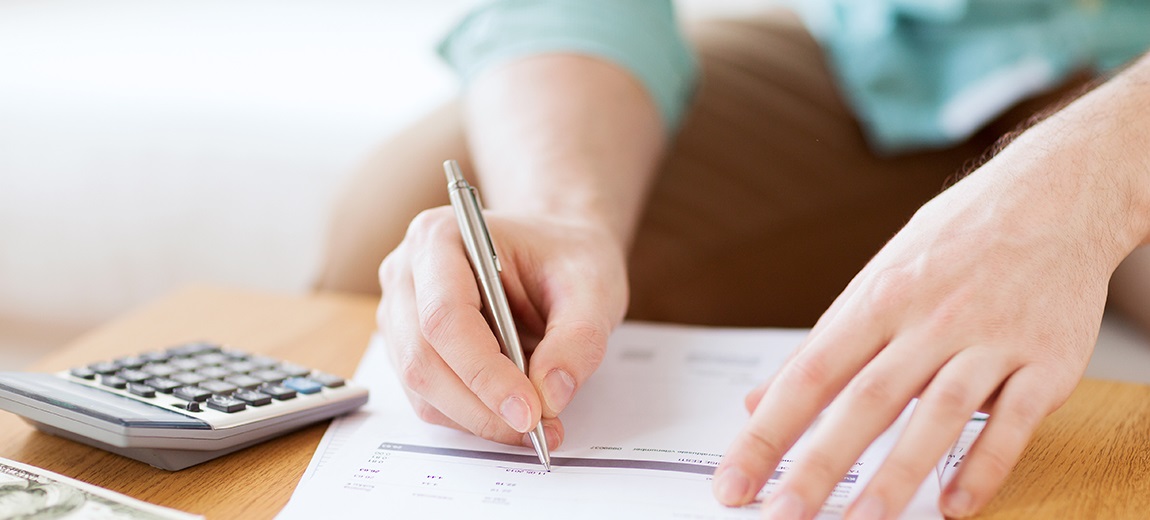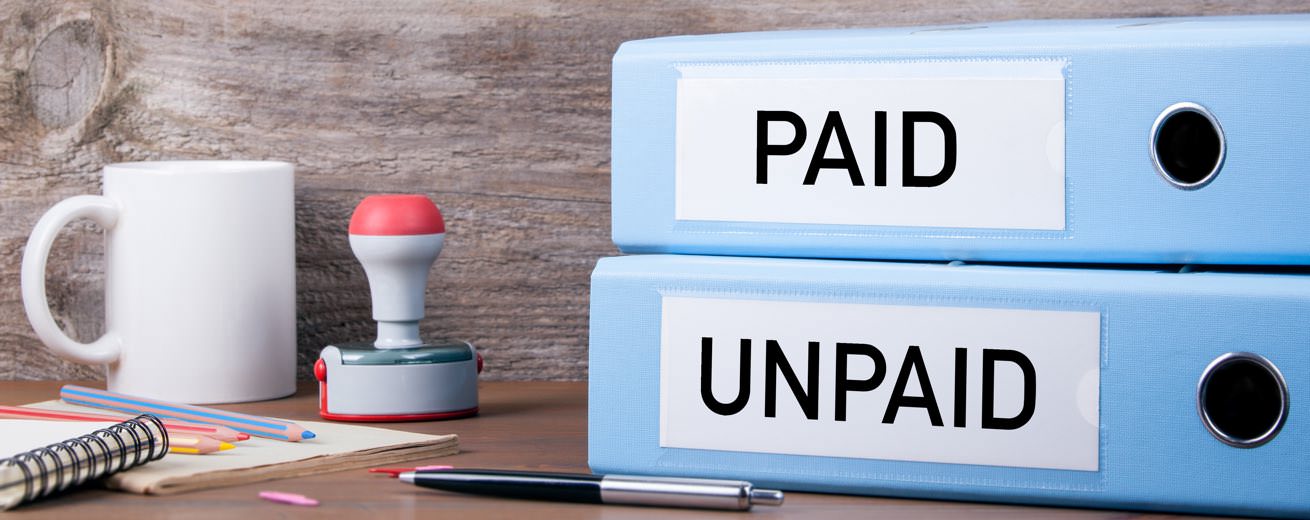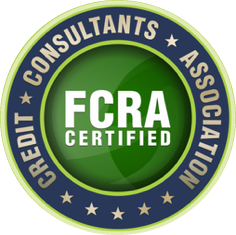Managing Debt

Managing debt can be challenging and stressful, but it is very necessary. It may be a tedious task for some, but necessary, especially when trying to repair credit. There are many internet articles and YouTube videos about managing debt, but there are several tools you can employ without having to spend countless hours researching. Those tools are listed below. You should take the necessary steps as soon as possible to manage debt, because you can eliminate how much debt you will have ahead of time when repairing your credit.
How To Manage Debt?
- Know Who and How Much You Owe
- Pay Your Bills on Time Each Month
- Create a Monthly Bill Payment Calendar
- Make at Least the Minimum Payment
- Decide Which Debts to Pay off First
- Pay off Collections and Charge-Offs
- Use an Emergency Fund to Fall Back On
- Use a Monthly Budget to Plan Your Expenses

Know Who and How Much You Owe
List your debts. Make sure to include the creditor, total amount of the debt, monthly payment, and due date. Use your credit report to confirm the debts on your list in oreder to make sure that all debt is included. Having all the debts in front of you will allow you to see the bigger picture and stay aware of your complete debt picture. Update your list every few months as the amount of your debt changes.
Pay Your Bills on Time Each Month
Making late payments will not only make it harder to pay off debt, but it will also affect the payment history contained in your credit report. Making late payments will also result in a late payment charge, and be counterproductive to paying off debt. If it helps, set an automatic payment.
Create a Monthly Bill Payment Calendar
Create a monthly bill payment calendar to help keep track of bills due each month. On the calendar, list the bills due and the payment amounts next to them.
Make at Least the Minimum Payment
If you can’t afford to pay anything more, at least make the minimum payment. The minimum payment doesn’t help you make real progress in paying off your debt. But, it keeps your debt from growing and keeps your account in good standing.
Decide Which Debts to Pay off First
Using your debt list, prioritize and rank your debts in the order you want to pay them off. Credit cards with higher interest rates should take precedence because they are costing the most money.
Use an Emergency Fund to Fall Back On
Create an emergency savings fund or nest egg to cover emergency costs. $1,000 is a good place to start for a nest egg. Once you have that, make it your goal to create a bigger fund, like $2,000. Eventually, you want to build up a reserve of six months of living expenses.
Use a Monthly Budget to Plan Your Expenses
Budgeting helps ensure you have enough money to cover your monthly expenses. Plan in advance so you can take early action if it looks like you won't have enough money for your bills this month or next. A budget also helps you plan to spend any extra money you may have left after expenses are covered. You can use this extra money to pay off debt faster.
(888) 983-9696
Get Your Credit Score
Debt Managemnet
Debt management companies work with creditors on your behalf to reduce your monthly payment and interest rates on your debt, and waive or reduce any penalties. The parties agree on an affordable payment schedule that allows 3-to-5 years to pay off your debt. A cebt management plan can help consolidate debt and secure lower interest rates to make it easier to pay down debt. Be sure to research pros and cons when considering a debt management company.
Click here to learn about different debt management plans.
